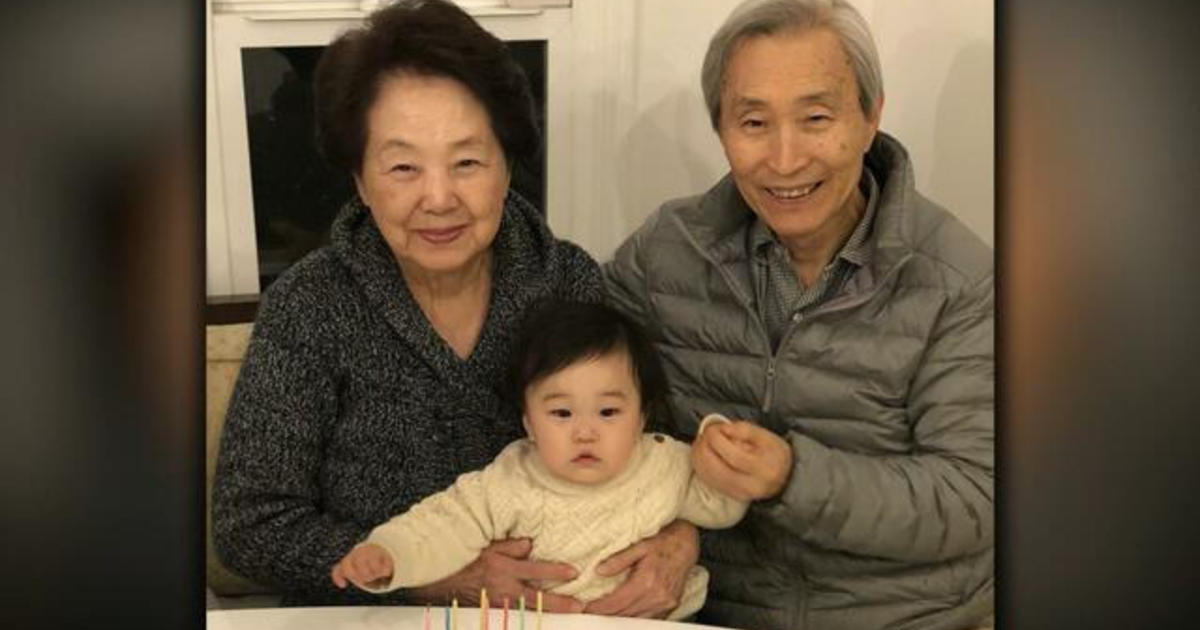
The dual challenge of the sandwich generation: Raising children while caring for aging parents
CBSN
Between now and 2030, about 10,000 Americans will turn 65 every single day, highlighting a growing concern about the nation's preparedness for elder care often falling on the shoulders of their adult children. This has given rise to a term known as the "sandwich generation," defined as adults who find themselves caring for their aging parents while still raising their own children.
Lisa Ling is a CBS News contributor and part of the sandwich generation herself. Ling's family is part of nearly 80 million Americans taking care of children and our elderly parents at the same time.
Ling's husband, Paul, typically helps get their two young daughters ready for school. However, on some days, he rushes to assist his 92-year-old mother, Grace, with her medical appointments. She has faced several trips to the emergency room and and rehabilitation stays in recent months. Mornings, Ling said, are often "hectic" in their home as they juggle the responsibilities of taking care of parents and children.

More than 2 million federal employees face a looming deadline: By midnight on Thursday, they must decide whether to accept a "deferred resignation" offer from the Trump administration. If workers accept, according to a White House plan, they would continue getting paid through September but would be excused from reporting for duty. But if they opt to keep their jobs, they could get fired.

More employees of the Environmental Protection Agency were informed Wednesday that their jobs appear in doubt. Senior leadership at the EPA held an all-staff meeting to tell individuals that President Trump's executive order, "Ending Radical and Wasteful Government DEI Programs and Preferencing," which was responsible for the closure of the agency's Diversity, Equity, and Inclusion office, will likely lead to the shuttering of the Office of Environmental Justice and External Civil Rights as well.

In her first hours as attorney general, Pam Bondi issued a broad slate of directives that included a Justice Department review of the prosecutions of President Trump, a reorientation of department work to focus on harsher punishments, actions punishing so-called "sanctuary" cities and an end to diversity initiatives at the department.










